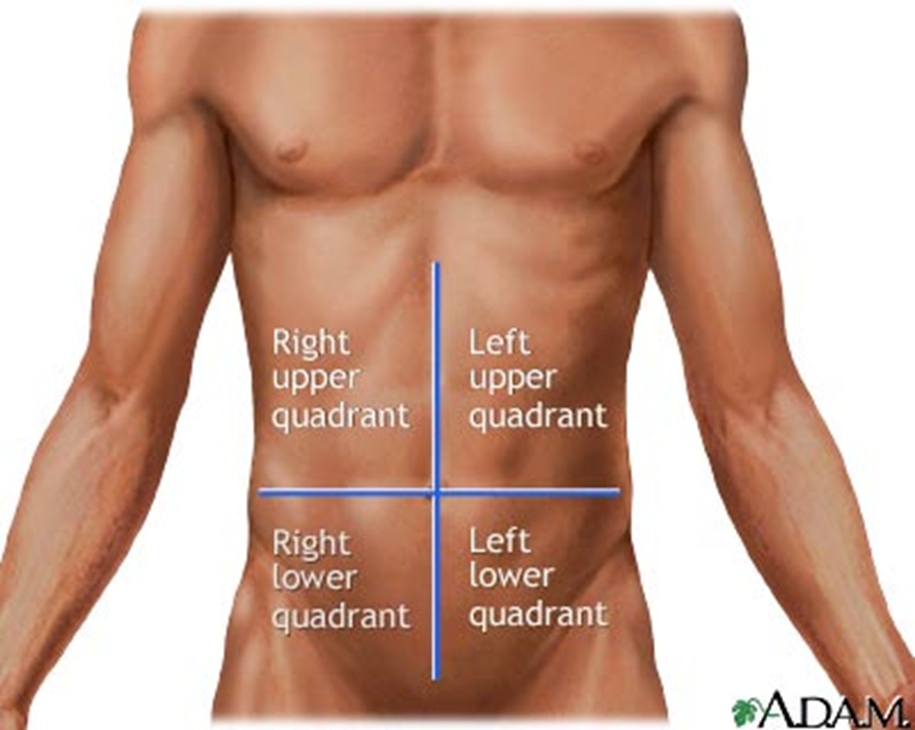A client with long-standing obesity has been prescribed phentermine/topiramate-ER for treatment. What statement by the client suggests that further health education is necessary?
I'm going to have to do some rearranging of my finances to make sure I can afford this medication.
I'm a bit nervous to start this medication because I know I'll need blood tests sometimes.
It's hard to believe that there are actually medications that can treat obesity.
I'm so relieved to start this medication. I really don't like having to exercise or change what I eat.
The Correct Answer is D
Choice A reason: This statement does not suggest that further health education is necessary. The client is expressing a realistic concern about the cost of the medication, which may be expensive or not covered by insurance. The nurse should acknowledge the client's financial situation and provide information about possible assistance programs or alternative options.
Choice B reason: This statement does not suggest that further health education is necessary. The client is expressing a reasonable anxiety about the medication, which may have side effects or interactions that require monitoring. The nurse should reassure the client and explain the purpose and frequency of the blood tests, as well as the potential benefits and risks of the medication.
Choice C reason: This statement does not suggest that further health education is necessary. The client is expressing a sense of wonder or skepticism about the medication, which may be uncommon or novel for the treatment of obesity. The nurse should educate the client about how the medication works and what to expect from the treatment, as well as the evidence and research behind it.
Choice D reason: This statement suggests that further health education is necessary. The client is expressing a false or unrealistic expectation about the medication, which is not a magic pill or a substitute for lifestyle changes. The nurse should correct the client and emphasize the importance of following a healthy diet and exercise regimen, as well as the goals and limitations of the medication.
Nursing Test Bank
Naxlex Comprehensive Predictor Exams
Related Questions
Correct Answer is C
Explanation
Choice A reason: The upper right quadrant is not the correct location for McBurney's point. This quadrant contains the liver, gallbladder, right kidney, and part of the colon. Pain in this area may indicate problems with these organs, such as hepatitis, gallstones, or kidney infection.
Choice B reason: The upper left quadrant is not the correct location for McBurney's point. This quadrant contains the stomach, spleen, left kidney, and part of the colon. Pain in this area may indicate problems with these organs, such as gastritis, splenomegaly, or kidney stones.
Choice C reason: The lower right quadrant is the correct location for McBurney's point. This quadrant contains the appendix, right ovary, and right fallopian tube. McBurney's point is a point on the abdomen that is one-third of the distance from the right anterior superior iliac spine to the umbilicus. Pain in this area may indicate appendicitis, ovarian cyst, or ectopic pregnancy.
Choice D reason: The lower left quadrant is not the correct location for McBurney's point. This quadrant contains the sigmoid colon, left ovary, and left fallopian tube. Pain in this area may indicate problems with these organs, such as diverticulitis, ovarian torsion, or pelvic inflammatory disease.

Correct Answer is D
Explanation
Choice A reason: Drinking a minimum of 12 ounces of fluid with each meal is not recommended for a client who has dumping syndrome. Fluids can increase the gastric volume and accelerate the gastric emptying, leading to more severe symptoms. The nurse should advise the client to drink fluids between meals, not with meals.
Choice B reason: Choosing foods that are high in simple carbohydrates is not recommended for a client who has dumping syndrome. Simple carbohydrates can cause a rapid rise and fall of blood glucose levels, resulting in hypoglycemia and weakness. The nurse should advise the client to choose foods that are high in protein and fat, and low in sugar.
Choice C reason: Staying upright when eating and for 30 minutes afterward is not recommended for a client who has dumping syndrome. This position can facilitate the gastric emptying and worsen the symptoms. The nurse should advise the client to lie down after eating to slow down the gastric emptying.
Choice D reason: Eating several small meals daily spaced at equal intervals is recommended for a client who has dumping syndrome. This can help reduce the gastric volume and pressure, and prevent the rapid delivery of food into the small intestine. The nurse should advise the client to eat four to six small meals per day, and avoid skipping meals.
Whether you are a student looking to ace your exams or a practicing nurse seeking to enhance your expertise , our nursing education contents will empower you with the confidence and competence to make a difference in the lives of patients and become a respected leader in the healthcare field.
Visit Naxlex, invest in your future and unlock endless possibilities with our unparalleled nursing education contents today
Report Wrong Answer on the Current Question
Do you disagree with the answer? If yes, what is your expected answer? Explain.
Kindly be descriptive with the issue you are facing.
